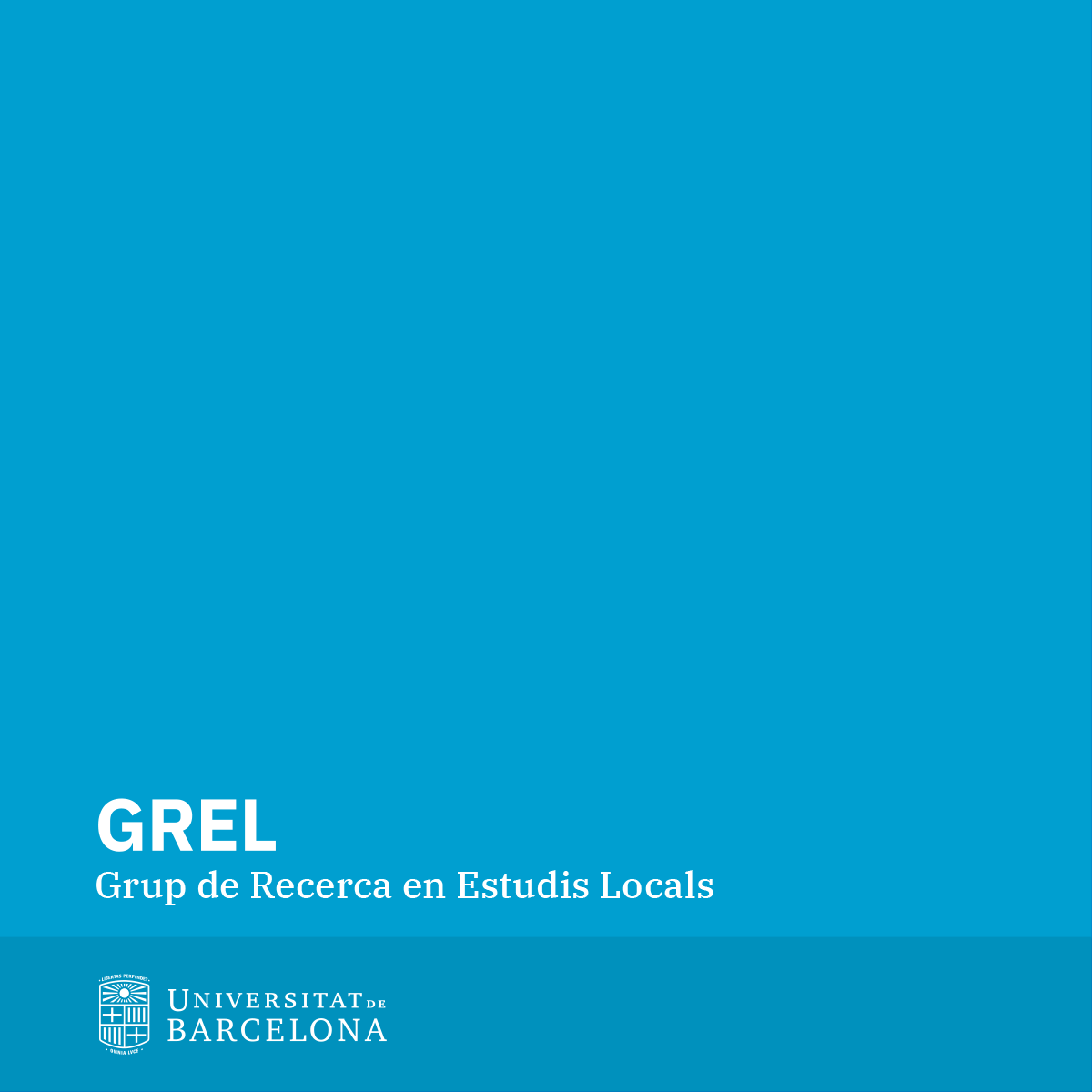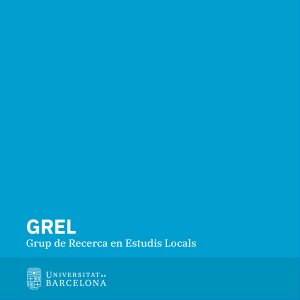Descripció
Since the beginning of the 2010s, the existence of widespread shared workshops has enabled access to digital manufacturing tools. Mainly located in urban areas, these facilities seek to make means of production, to design, prototype and repair all kinds of objects available to the citizens. These practices have been supported by activists of the “democratization” of digital manufacturing spearheaded by the maker movement. Urban authorities have gradually been won over by the these activits’ promises to encourage entrepreneurship, generate new knowledge, mobilize citizens and even transform the perceptions of and the way in which manufacturing is conducted in the city. However, these activists’ attractive discourse overly mechanically equates the accessibility of these digital tools to the idea of empowerment. Under what conditions can these practices of making lead to an increase in citizens’ individual and collective power to act, or even to social change? This article aims to answer this question by firstly constructing an analytical framework of makerspaces empowerment, and secondly by analysing the case of the public network of makerspaces in Barcelona: the Ateneus de Fabricació. To do so, our qualitative research will be based on the documentary analysis of official publications, direct observations carried out at the aforementioned workshops, and in-depth interviews with key players Barcelona makerspaces’ scene. Our results will demonstrate that in the context of smart cities, the public acceptance of these places leads to the transformation of administrative practices. Free access to public makerspaces is accompanied by a change in the relationship between public organizations and users in order to promote the empowerment of the inhabitants of Barcelona thanks to these fabrication practices.








